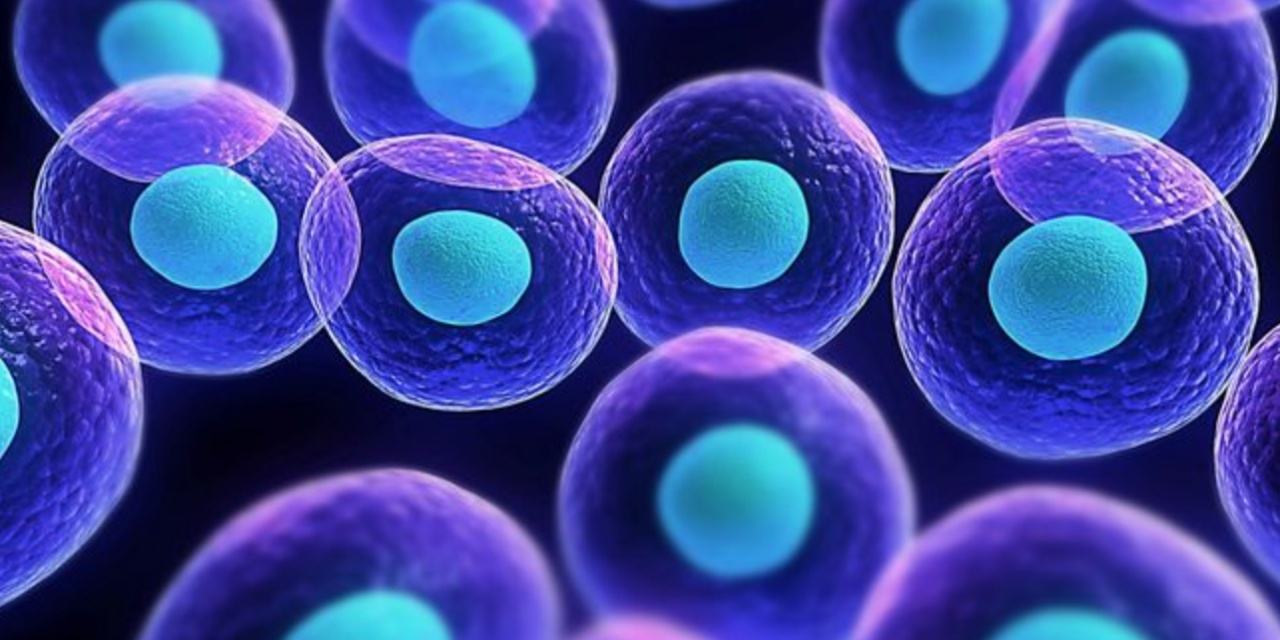Immune cells in a broad sense refer to all cells involved in or related to immune responses, mainly all leukocytes and non-leukocyte antigen-presenting cells (such as endothelial cells); lymphocytes.
All leukocytes are involved in the immune response and they include: T cells, B cells, natural killer cells, monocytes, macrophages, dendritic cells, granulocytes, mast cells, and their precursor cells such as thymocytes ), progenitor cells, stem cells, etc., are the functional units of the immune system. According to their functions, immune cells can be divided into nonspecific immune cells, specific immune cells, and antigen-presenting cells. Non-specific immune cells include macrophages, neutrophils, natural killer cells, mast cells, etc.; specific immune cells include T cells and B cells; antigen-presenting cells include dendritic cells, macrophages, and B cells, etc. .









